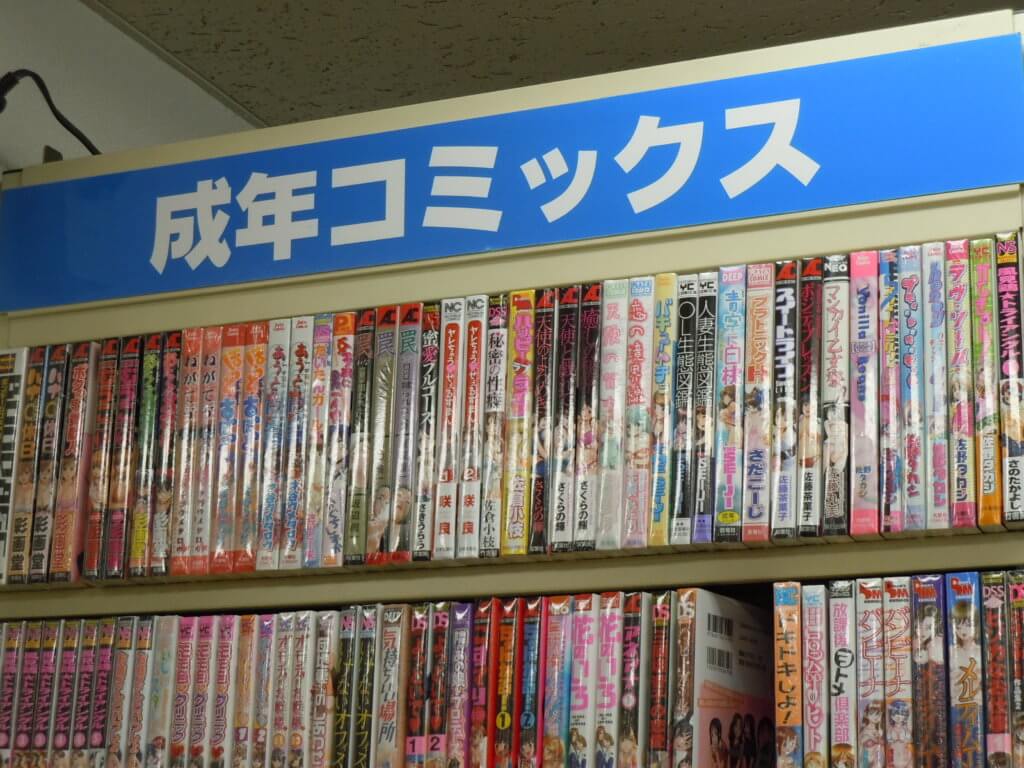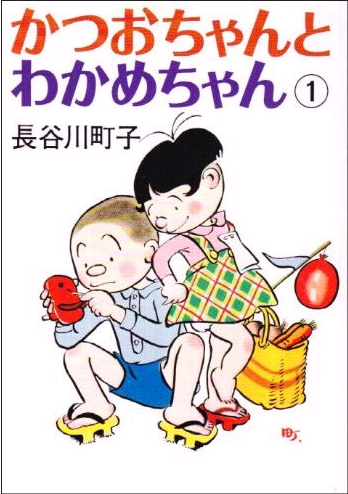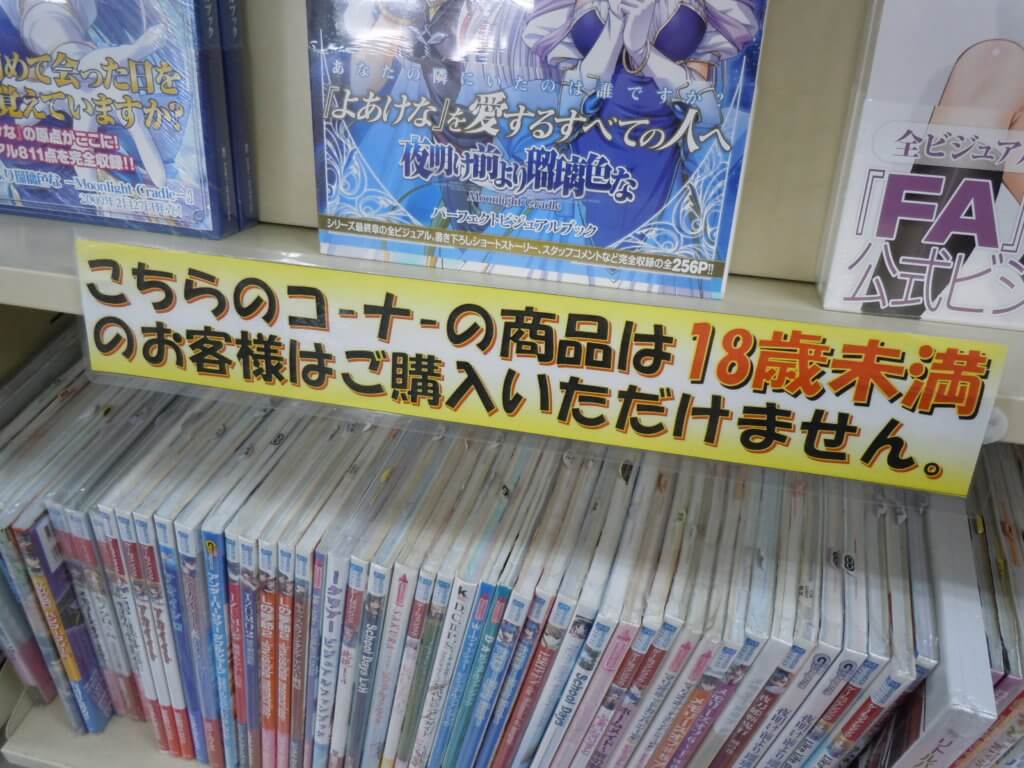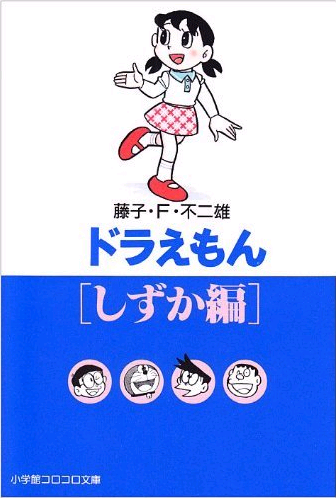Where Did Its Aim of “Protecting Children” Go in Japan?
CONTENTS
Debate over the Ban on Child Porn Comics in Japan
It has Been Turned into a Political Issue at the Convenience of Adults
On June 16, 2010, when the Tokyo Metropolitan Assembly’s regular session in June was closed, an amendment bill to the metropolitan ordinance for the sound development of youth was voted down by a majority including the assembly’s dominant party Democratic Party of Japan (DPJ). This amendment bill had been submitted aiming to restrict the sale of comics and anime that describe children as sex objects by, for example, urging retail stores to separately display these products. However, Governor Shintaro Ishihara stated clearly that the metropolitan government would work toward submitting the amendment bill again to the assembly’s next regular session in September. The debate that used to be focused on the freedom of expression and sound development of children had turned into a political issue before we knew it. In addition to criticism of the DPJ that avoided constructive discussion, there are also voices pointing to the metropolitan government’s “inaction” in which the government’s top ranking officers and department in charge failed to lay the groundwork needed to build a consensus with the assembly and people concerned in advance.
Rooting out “Dirty Flowers” Can Destroy the Entire Plant Group
The debate on the amendment to the metropolitan ordinance had been wandering around for nearly three months. It began when several popular comic artists including Tetsuya Chiba and Machiko Satonaka who were against the amendment bill held a press conference at the metropolitan government building during the March session of the assembly.

Adults only section
“When something new is born in the world of expression, various flowers bloom. Pretty little flowers such as violets and gigantic jungle flowers such as rafflesiales are all connected at the base. If one flower is rooted out for the reason that it’s dirty, the entire plant group can die.”
Chiba thus criticized the amendment bill by likening the culture of comics to the ecological system.
This press conference triggered a campaign burst against the amendment bill. Various organizations such as the Japan P.E.N. Club and the Council for Publishing Ethics announced their opposition to the bill. In addition, in response to the opposition faction’s appeal on the Internet, a great deal of e-mail and faxes against the bill were sent not only to the metropolitan government but also to the various factions of the assembly including the DPJ and LDP (Liberal Democratic Party).
The focus of the debate was on the definitions and application scopes of the terms used in the text of the amendment bill. In addition to the definitions of the terms such as “productions that visually describe sexual scenes of youth” and “nonexistent youth” that indicated the characters under the age of 18 in the comics and other products to be regulated, the opposing factions particularly argued that there was a risk of the government’s arbitrary administration of the terms, which could lead to a threat to the freedom of expression.
Back then, a senior member of the DPJ said that he was surprised to see the text of the amendment bill. He said, “The terms looked like special words used by the police. I had no doubt that the amendment bill had been made difficult to understand on purpose.” On the other hand, an executive officer of the Office for Youth Affairs and Public Safety of the metropolitan government that had submitted the amendment bill said with a relaxed smile, “Nonexistent youth means youngsters that have no existence or that are not real. I don’t understand what they don’t understand.”
In reality, however, the assembly held no intensive discussion about the amendment bill during its March session. Actually, the assembly could not afford the time to hold a discussion.
At that time, the largest issue of the metropolitan government was the budget for the central wholesale market for fiscal 2010 that featured a budget for relocating the Tsukiji (Fish) Market. The reason why an intensive discussion about the amendment bill was not held at the March session was because the deliberation of this market budget was reaching its climax. While the pros and cons were being batted back and forth, the amendment bill was after all voted unanimously to be carried over to the June session.
A Bathing Scene of Shizuka-chan Is OK
Meanwhile, following that the amendment bill was carried over to the assembly’s next session, some voices were raised from within the metropolitan government that accused the department in charge for their inefficient handling of the bill. An executive officer of the government said frowningly, “They must have underestimated the problem. Apparently, they did not try hard enough to build a consensus by explaining the purpose of the bill to the industry, citizens and assembly.” An executive officer of the department in charge said, “Honestly, we did not expect such a strong opposition as this. It is true that more prior explanation was needed.”

Sazae-san’s character: Wakame-chan (right)
Against growing criticism, the staff of the department in charge tried hard to recover from the setback. Admitting that “We failed to thoroughly inform citizens about the amendment to the ordinance” (staff in charge), they posted a Q & A on the metropolitan government’s website that indicated their position such as “Doraemon’s character Shizuka-chan’s bathing scene and Sazaesan’s character Wakame-chan’s underwear showing are not subject to regulation.”
In addition, regarding the term “nonexistent youth” that had become a symbolic term of the amendment bill, they defined it as “comic or novel characters that are obviously set to be under the age of 18 judging from the clear description of their ages or school grades, their dialogue and the narration.” They also clarified that the productions that mainly describe those characters’ sexual acts would be subject to regulation.
However, an incident that occurred at the beginning of May turned the tide. About the text of the amendment bill, Governor Ishihara said at his regular press conference, “It’s obscure and lacks explanation. What is this term ‘nonexistent youth’? Are we talking about ghosts? Such crappy words made up by government officials will have no currency in the world. The misleading wording of the text is no good. I think it should be changed drastically.”
An executive officer of the government said with a sigh, “That comment by the governor opened the door for the DPJ which were opposed to the amendment bill. Did the Governor’s Headquarters and executives fail to make prearrangements for the governor’s statements?” Also, a senior member of Komeito Party expressing his disappointment said, “That was indeed an inappropriate comment.”
Taking advantage of the governor’s comment, the DPJ that had lost their foothold adopted a more confrontational stance toward the amendment bill. “That was just what we needed. I believe the DPJ members were also relieved,” said a senior member of another opposing party, with a wry smile.
The DPJ invited to the hearing by the General Affairs Committee of the assembly some intellectuals including Shinji Miyadai, a sociologist and professor at Tokyo Metropolitan University, who was at the forefront of the opposition.
Professor Miyadai criticized the amendment bill saying, “It will allow the government to regulate everything subjectively. It is a shame for Tokyo to hold up such an ordinance as this.” As for the definition of the term “nonexistent youth,” he said, “That’s nonsense because if the character setting is a problem, it’ll be easy enough to make an excuse such as “This is a cosplay by adults.” In addition, he also criticized the government’s Q & A: “It means nothing because the text is everything for a law, including an ordinance.”
On the other hand, the LDP and Komeito, which had agreed on the amendment, invited Tokyo Metropolitan University law professor Masahide Maeda who had participated in the creation of the text of the amendment bill.
Professor Maeda explained the purpose of the amendment bill: “This amendment bill is a suggestion about keeping the products in question out of the immediate sight of children.” He said, “It’s not to say that there is no ambiguity in the text, but laws are not written with words that a layman can understand.”

Manga section at a book store
One DPJ assembly member said with a complacent smile, “The oppositions’ arguments were more convincing. In reality, there are no opinions even in the PTA that approve of the amendment bill.” Such opposition factions’ remarks that showed their confidence began to become noticeable.
The DPJ Is More Irresponsible?
At the assembly’s June session that was to clinch the decision, a senior DPJ member representing his party readily questioned the governor’s comment criticizing, “Did the government submit a bill to the assembly, of which it cannot bear responsibility? It’s very irresponsible.” Then he announced his party’s policy to vote against the bill unless the governor retracts his comment.
According to an executive officer of the department in charge, however, it was revealed that this DPJ member who criticized the government as being irresponsible had never attended the government’s youth affairs council to which he had entered his name.
A senior LDP member said indignantly, “It is obvious that he has never been interested in this issue from the beginning. I’d say who is irresponsible? Demanding the withdrawal of a bill that the assembly has accepted is abdication of responsibility. The DPJ should submit a revision bill.” A senior Komeito member also said in disgust, “The DPJ said they wouldn’t be able to submit a bill of their own during this session because their opinions did not reach agreement. This is what the largest faction of the assembly does!”
Announcing that they had gathered 45,000 signatures of parents calling for quick approval by the assembly, the LDP and Komeito submitted their own revision bill as a counter measure. In the revision bill, the term “nonexistent youth” had been changed to “depicted youth” and the term “productions that visually describe sexual scenes of youth” was changed to “books that depict youth as sex objects in vain.” In response to the concern that the ordinance is detrimental to the freedom of expression, the revision bill had a supplementary provision stating that an examination should be held three years after the enforcement of the ordinance and necessary actions should be taken.
Nevertheless, a senior DPJ member criticized, “The revision bill has only changed the terms of the amendment bill. I bet the LDP and Komeito made the department in charge create the revision bill.” Another senior DPJ member said, “We DPJ have made an original bill.” However, their bill was never revealed until the end of the session.
While the LDP and Komeito were competing with the DPJ at the assembly, Governor Ishihara lifted his voice: “What is wrong about keeping those comics that depict seven- or eight-year old girls as sex objects from the sight of children?” He said angrily, “They are just protesting for the sake of protesting, which is a nuisance to the citizens of Tokyo. They are acting the fool. They should stop their abstract arguments and make a concrete counterproposal instead. If they can’t do that, they should say in front of the citizens that they approve of the current situation.”
In Search of Common Ground
After the June session was closed, Governor Ishihara visited each faction of the assembly. In the anteroom for the DPJ members, Ishihara said sarcastically, “You guys are lacking in reading comprehension of Japanese.” The DPJ Secretary General Noboru Osawa answered back, “You are no different. Don’t talk about us.”

The label reads, “Only for 18 and above.”
Yukari Fujimoto, an associate professor at Meiji University, was glad that the amendment bill had been voted down because she was against the bill. She said, “The metropolitan government says that the regulation applies only to porn comics, but the text of the bill is written to allow a wider interpretation.” On the other hand, Doctor Tsuneo Akaeda of Akaeda Roppongi Clinic who supported the amendment bill said with a disappointed look, “They should be aware of the reality that minors have been raped due to porn comics.”
An executive officer of the metropolitan government summed up, “One side went for control by the ordinance and the other side insisted on voluntary control, and both sides remained as far apart as ever on the argument.” In the end, they ran out of time without being able to find common ground.
Governor Ishihara aimed to submit the amendment bill again to the September session of the assembly, but that is not much of an interval. Some metropolitan government officials complain, “Honestly speaking, we need more time. Everybody was feeling that the bill would be voted down at the June session. Although the Governor said, “Leave it to me,” and took the issue upon himself, the executives in charge delivered the governor only information that was easy to hear while they failed to take measures against the DPJ. How do they feel about their responsibility?”
On the other hand, a senior LDP member groaned, “The DPJ is going to extend this issue up to the election for governor. Maybe the government should wait at least until the December session to submit the bill again.”
The debate over the amendment bill has thus turned into a political issue before we knew it, and it is now loosing its original aim of protecting children. It appears that children have turned into “nonexistent youth” literally.



